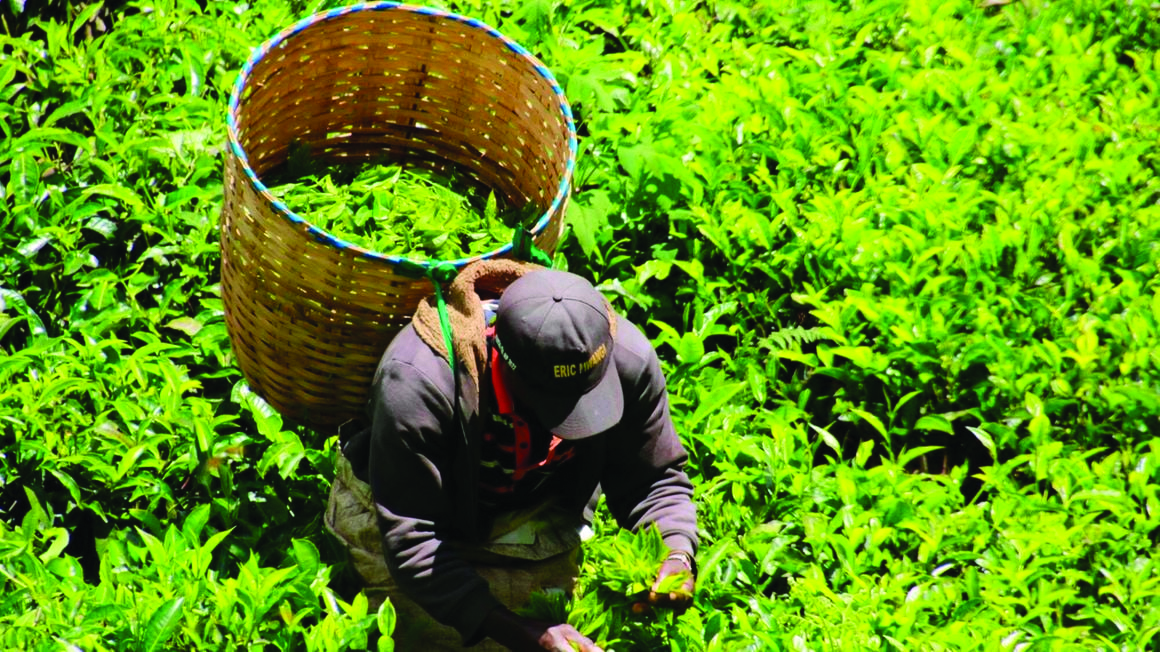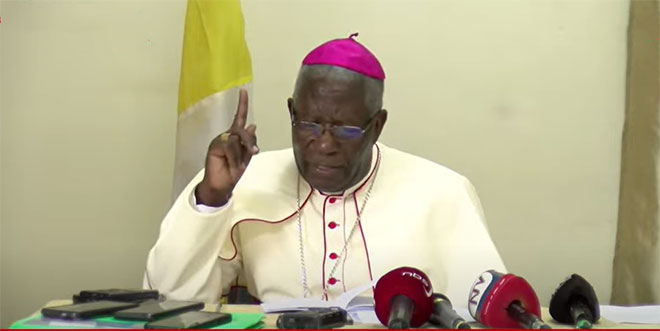 A worker pick tea at a farm in Nyeri, Kenya on May 25, 2023. PHOTO | JOSEPH KANYI | NMG
A worker pick tea at a farm in Nyeri, Kenya on May 25, 2023. PHOTO | JOSEPH KANYI | NMG
ADVERTISEMENT
Instability and uncertainty in Kenya’s tea industry have gone a notch higher with reports that the country is losing about $2 million every week at the tea auction in Mombasa as a result of insecurity in growing zones that has led to the suspension of operations by key producers.
This coming in on the heels of Tanzania signalling its intention to switch the market platform for its teas from the Mombasa auction to Dar es Salaam, right after Sri Lankan Browns Investments Plc agreed to buy Finlay Kenya’s tea estates business, James Finlay Kenya.
Finlay Kenya has industry observers worried about the future of the crop. As part of the sale agreement, Browns and Finlay will sell 15 percent of the shares to a locally owned co-operative.
The ongoing business disruptions in large-scale tea producer farms in Kenya’s South Rift areas has affected business at Mombasa Tea Auction with the country expected to continue losing more in the coming tea sales if situation persists.
The board of the East Africa Tea Trade Auction (EATTA), which runs the Mombasa Tea Auction, said the invasion of tea estates in the Kenyan highlands has had huge ramifications on the economy with supply of teas in the auction expected to go down.
The situation has worsened after Ekaterra Tea PLc, formerly Unilever, announced the suspension of its operations in Bomet and Kericho counties following the invasion and destruction of its property by the locals.
The company said the recent protests and looting by suspected criminal groups at their tea estates in Kericho and Bomet counties forced them to suspend their operations.
According to EATTA, due to the heightened insecurity, large tea producers operating Kericho, Bomet, Nyamira and Nandi counties have also threatened to scale down their operations.
EATTA board chairperson Arthur Sewe said Kenya is on the verge of losing more than $2.5 million every week if all the tea plantations are shut down and the Mombasa Tea Auction operations are halted.
Catastrophic impact
“It is important to note that tea plantations in this country account for 40 per cent of the volume traded in the Mombasa auction. If they (plantations) stop presenting their tea in the auction, we foresee a catastrophic impact on the Mombasa Tea Auction,” said Sewe.
Mr Sewe appealed to the Kenyan government to intervene and resolve the problem saying the invasions are being encouraged by companies that are still buying tea that has been plucked illegally by the invaders.
“The invaders are plucking the green leaf during the day. These people mean they have ready buyers for the tea. We are investigating whether some factories are buying from them,” he said.
EATTA has already issued a circular to its members to stop buying tea from suspected invaders, lest they are de-registered from the association.
“We have warned that if any of our member’s tea factories are found absorbing the stolen leaf, they will be dismissed or de-registered and they will not be allowed to trade through this auction,” Mr Sewe added.
Organised assaults
The Federation of Kenyan Employers (FKE) has called on the government to address the insecurity saying the ongoing disruption of businesses in large-scale tea producer farms stating that the raids and thefts have now escalated into organised assaults on business premises and the deliberate destruction of crucial assets.
“Given the ramifications of these incidents on our economy, large-scale tea producers and their workers, we call on all parties to embrace social dialogue. We urge them to show commitment and tolerance towards resolving the dispute that has since caused the suspension of operations of some large-scale tea producers,” said the federation in a statement.
Interior Cabinet secretary Kithure Kindiki warned businesspersons and politicians behind demonstrations, invasions of the estates, illegal harvesting of tea would be charged.
He said 11 suspects had been arrested and charged after nine tea plucking machines and tractors belonging to Ekaterra tea estate were torched forcing the company to suspend its operations indefinitely with the fate of 16,000 jobs hanging in the balance.
EATTA chief executive officer Florence Owino said what is happening in Bomet and Kericho counties will force some investors shift to other countries in the region and the Kenyan quantity and quality of teas will be affected in the market.
“Shutting operations will have huge ramifications on the economy and the tea auction in Mombasa. Ekaterra has other plantations in Tanzania, therefore, if investor shuts down in Kenya, they will look to expand investment in Tanzania,” she said.
The Tanzanian Action
Tanzania Agriculture Minister Hussein Bashe had told parliament the government will market its tea through Dar es Salaam Auction starting June. The auction would be conducted by Tanzania Mercantile Exchange through an online system.
Local blenders will buy tea at the Dar es Salaam auction and those with direct markets will be required to register with the auction to get certified as permit holders.
According to the Tea Board of Kenya, the country reported an increase in shipments to $1.07 billion last year.
Due to a weak shilling, the average price of the leaves at the Mombasa tea auction jumped 18.6 percent to an average of $2.49 per kilogramme last year.
The increase in export earnings was attributed to the depreciation of the Kenya shilling against the dollar as well as improved prices.
“Export volumes in 2022 stood at 410.2 million kilogrammes of made tea against 388 million kilogrammes in 2021,” TBK said.
The board stated a weaker shilling against the dollar played a significant role in improved earnings as it depreciated 11.58 percent in the 12 months to December 2022, closing at Ksh123.4 to the dollar.



